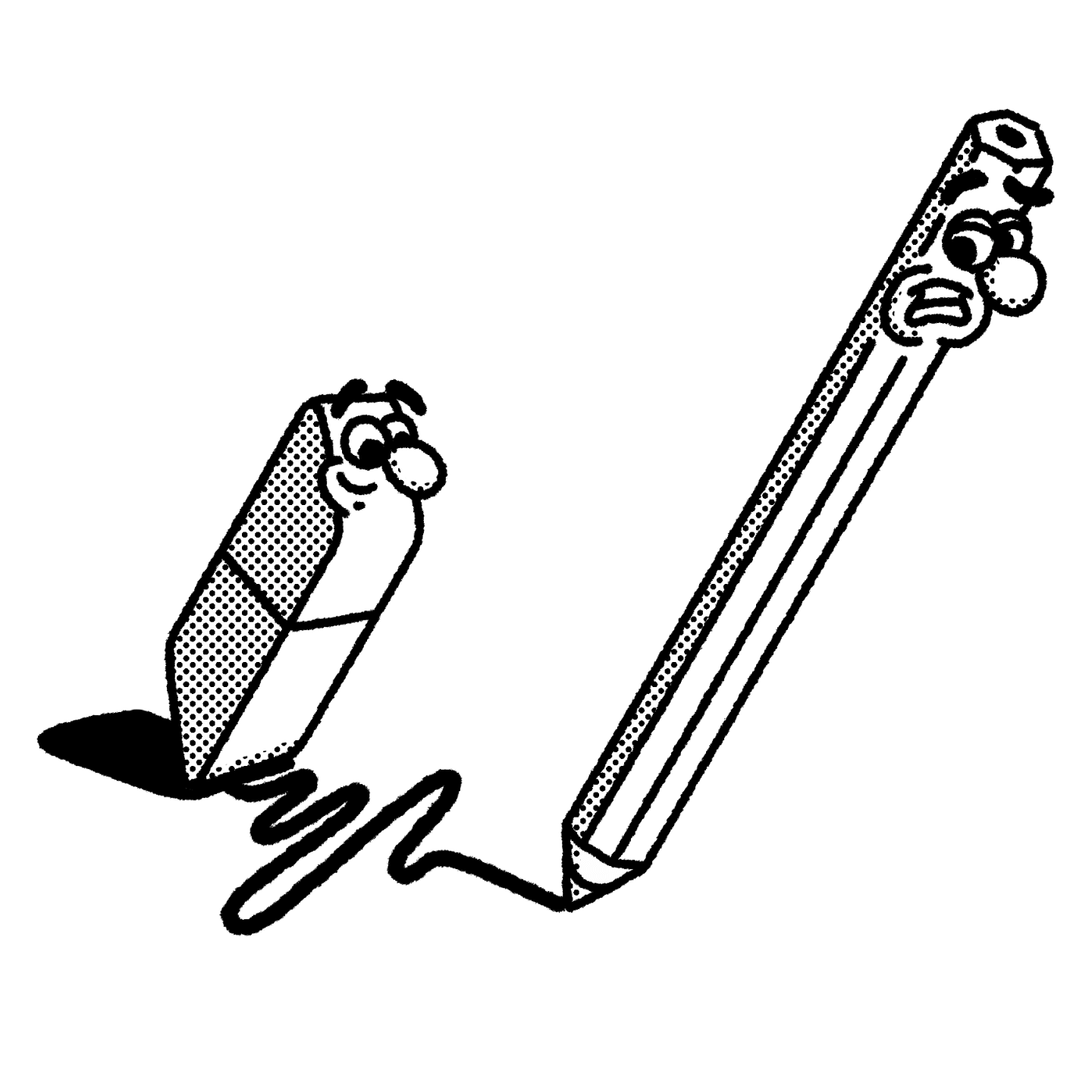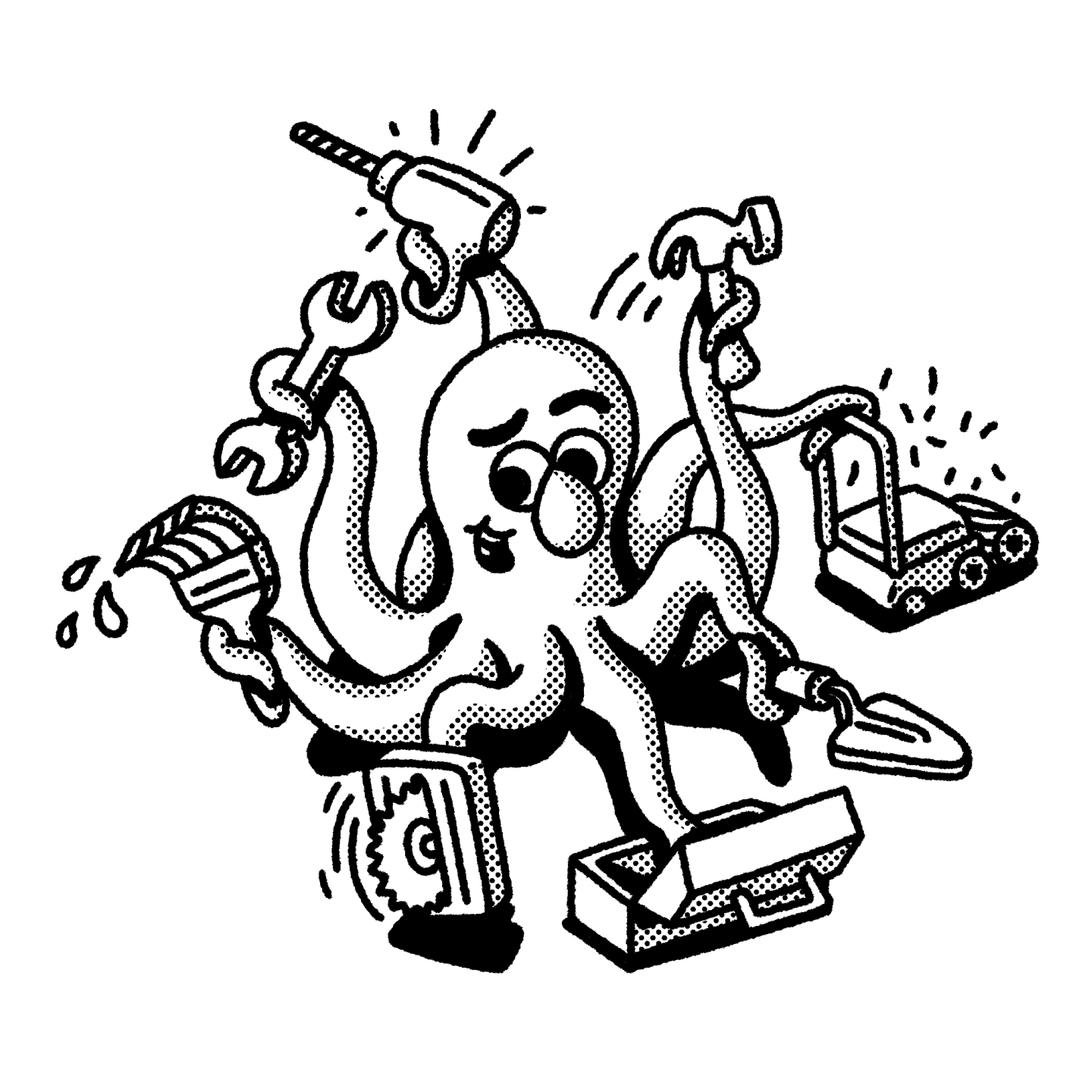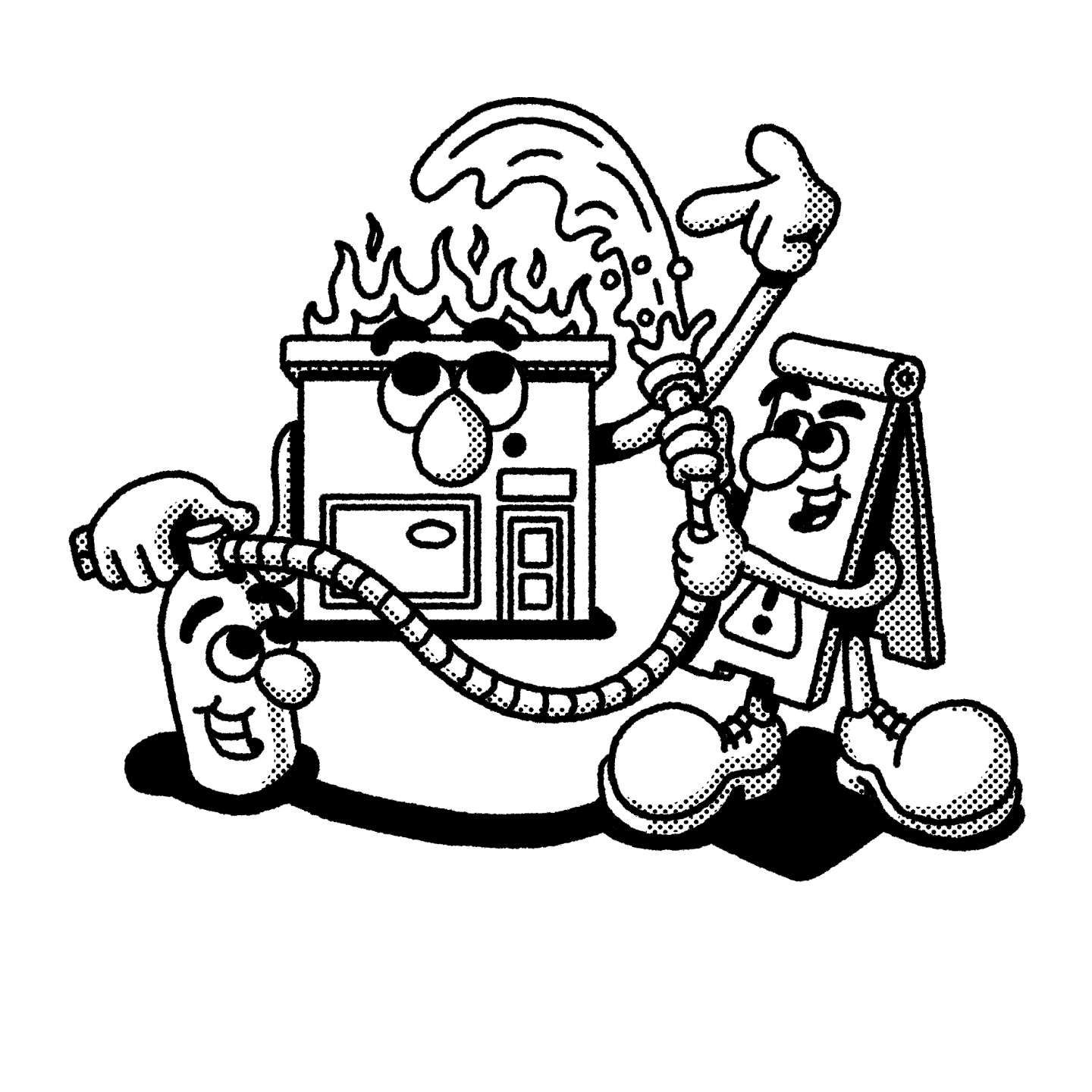NEXT is part of the ERGO Group, a Munich Re company.
Issuance of coverage is subject to underwriting. Not available in all states. Please see the policy for full terms, conditions and
exclusions. Coverage examples are for illustrative purposes only. Your policy documents govern, terms and exclusions apply.
Coverage is dependent on actual facts and circumstances giving rise to a claim. Next Insurance, Inc. and/or its affiliates is an
insurance agency licensed to sell certain insurance products and may receive compensation from insurance companies for such sales.
Policy obligations are the sole responsibility of the issuing insurance company. Refer to
Legal Notices section for additional information.
* To the extent permitted by law, applicants are individually underwritten, not all applicants may qualify. Individual rates and savings vary and are subject to change. Discounts and savings are available where state laws and regulations allow, and may vary by state. Certain discounts and policy start times apply to specific coverages only.
** Coverage examples are for illustrative purposes only. Your policy documents govern, terms and exclusions apply. Coverage is
dependent on actual facts and circumstances giving rise to a claim.
† Any starting prices or premiums represented before an actual customer quote are not guaranteed and are representations
of existing premiums of active policies as of March 21, 2025. To the extent permitted by law, applicants are individually
underwritten, not all applicants may qualify. Individual rates and savings vary and are subject to change. Discounts and savings
are available where state laws and regulations allow, and may vary by state. Certain discounts apply to specific coverages only.













